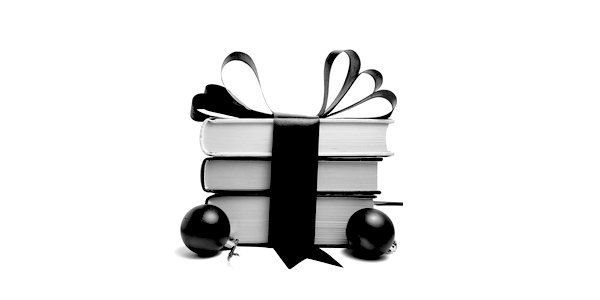The Fire of Joy by Clive James; Picador, 2020
CLIVE James, eyesight impaired by surgery, was unable to read when he began composing The Fire of Joy, and he knew he was not far from death. This 300-page book is a semi-autobiographical salute to his great original love – poetry. He knew the 80-ish poems in the book by heart, and chose them from several hundred stored in his memory. Some you may know, others will be discoveries.
It is a book with two subjects – poetry and Clive James – and it is enhanced by the chemistry of the two mixed together. It is an attempt to leave a legacy of his great love that would inspire others to take it up themselves: ‘[His wife] helped him realise his final trek to the exit should be a contribution to knowledge, rather than just a celebration of himself.’
As well as two subjects, there are two plotlines. The principal one is a roughly linear timeline history of English poetry, told through the poems running from 1535 and Sir Thomas Wyatt, to 2016 and Billy Collins, although the poetic finale goes to James’s fellow Aussie Stephen Edgar and his poem The Red Sea. Each poem is followed by a short essay in which James gives commentary. The second plotline, woven into many of the essays, is James’s connection with the poems, which is given an added flourish with a Postscript, Growing up in poetical Australia.
The book presents the poetic ‘tutorial’ and the charm of James’s autobiographical snippets neatly wrapped in a conversational prose: classic Clive James. Who else, explaining why George Herbert didn’t feel the need to write long poems, could conjure such a line as this: ‘Herbert’s poems amount to a collection of sub-atomic particles, simultaneously tiny but massive; with the epic sweep of a star system seen at a distance, but with the intricate compression and gravity of an atomic nucleus’?
Poetry shaped James’s life and his career: ‘The poems I remember are the milestones marking the journey of my life.’ He viewed poetry as his ticket to freedom from ordinariness and conformity. His narrative gives the book a special spark, as if he were speaking directly to you. His love for the subject draws you in to each poem, each poet, and makes you eager for the next.
Reading this book makes one wonder what has happened to poetry over the passing decades; as James says in his introduction: ‘If a poem doesn’t sound compelling, it won’t continue to exist. This is an especially important thing to say in the present era, when the pseudo-modernist idea still persists that there might be something sufficiently fascinating about the way that words are arranged on the page.’ He felt the love of his life was being abused and misused, and hoped to enlist his readers into taking up the battle against the corruption of his mistress. This book is an antidote to that modernist poetry cult – full of poems that are a delight and wonder to read, with a contextual commentary that educates and entertains.
His personal self-deprecation styled his move to poetry in the vein of his being useless for anything else; yet you get the sense that he felt poetry is something that is essential for humanity: ‘poetry wouldn’t matter at all if it didn’t matter so much.’ Perhaps he also felt that through writing poetry he could achieve some kind of legacy – ‘The poet, in my view, is the kind of time-waster who thinks he is doing something crucial with the time he wastes: steering it towards eternity perhaps . . .’
All through this book you can feel Clive James breathe life into the poems, extracting meaning and purpose, being one with the words and phrases; he is poured out of this book with every page read. This is not a last gasp farewell in print, but an enthusiastic celebration of the love that set the course of his life.
Germaine Greer, a friend since their days at Sydney University, said of James: ‘I think the thing that’s so impressive about him is his work ethic. I don’t think he’s ever wasted a moment of his life.’
Even when ravaged by a cruel disease and at the end of his life (he died in 2019 aged 80), James was could fulfil Kipling’s urging to ‘fill the unforgiving minute with sixty seconds worth of distance run’. He once said: ‘Spare time is a gift – use it.’ Any time spent in this book is never a wasted moment. It will always bring joy, and add something positive to your life.

